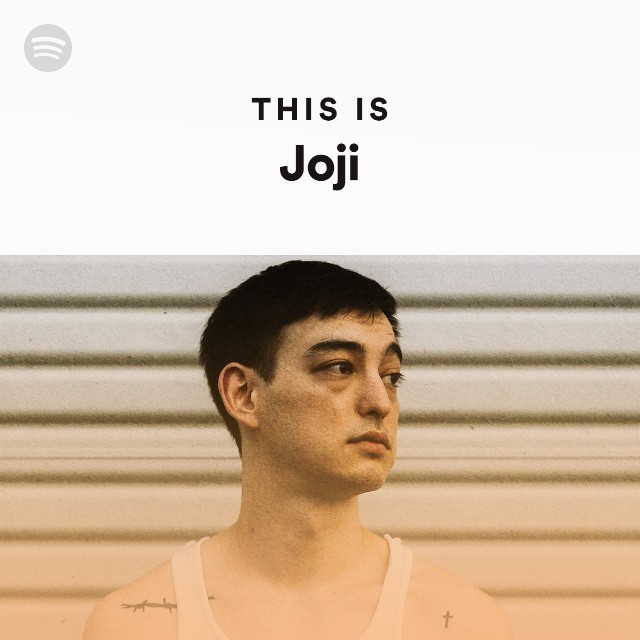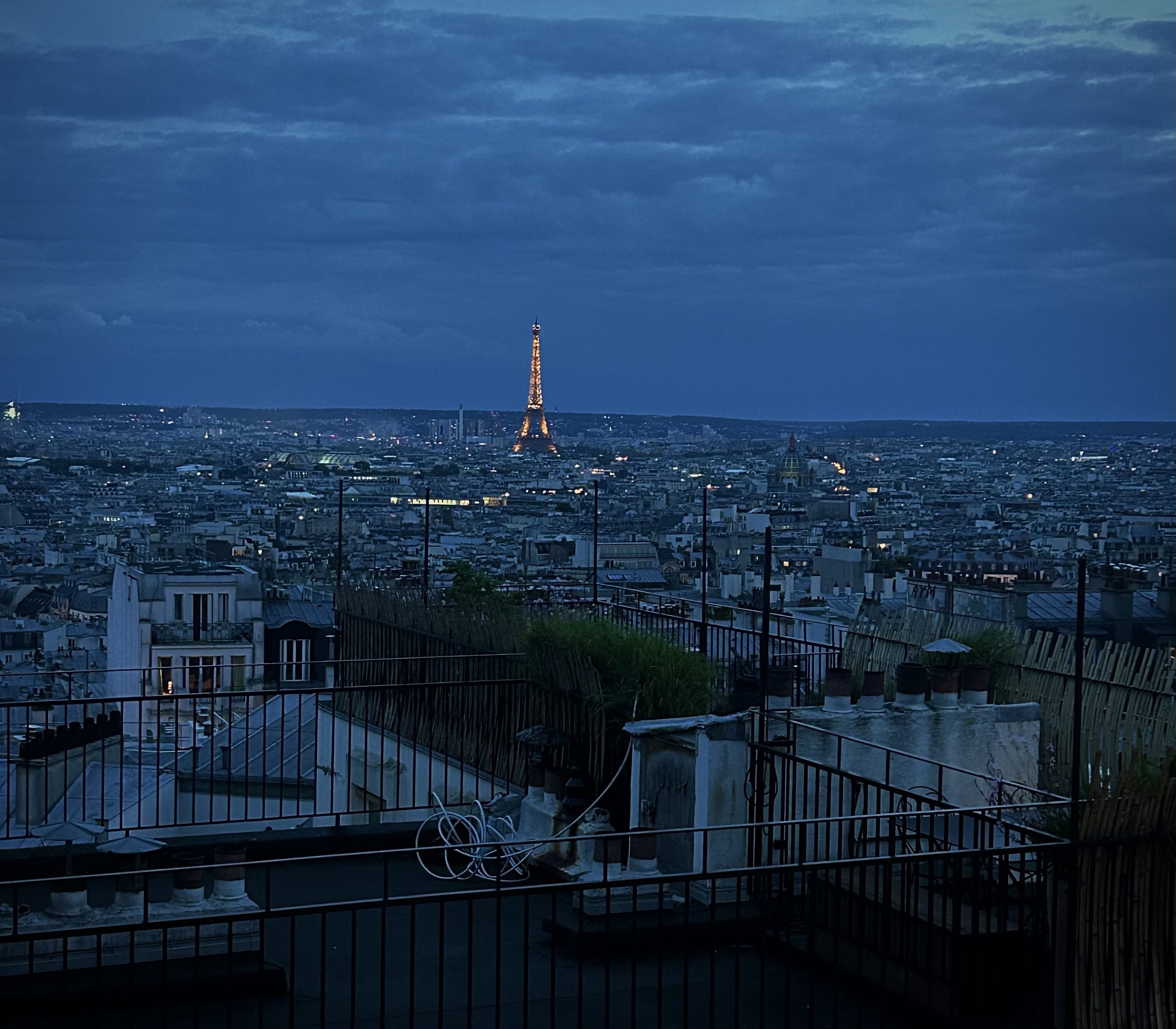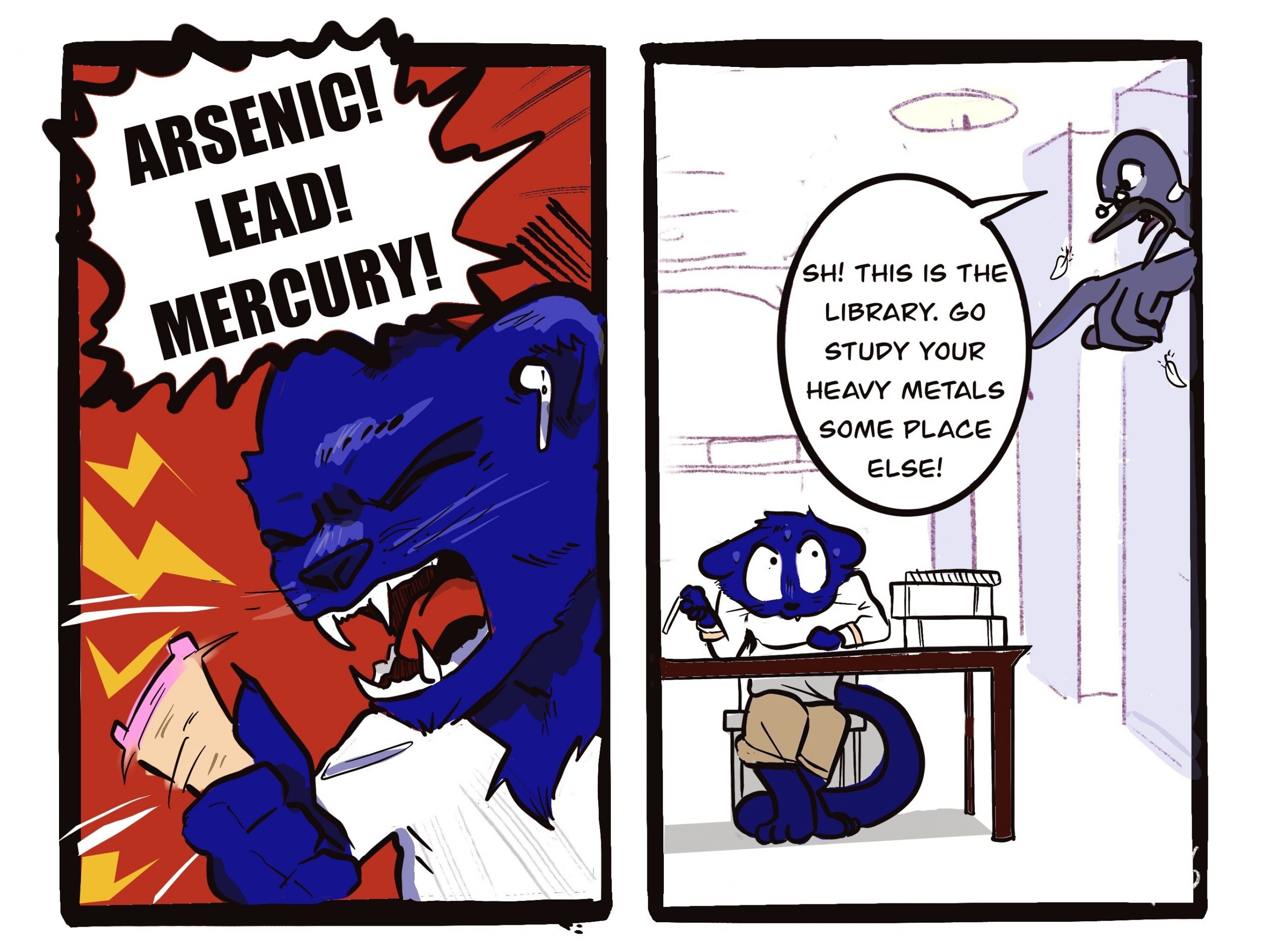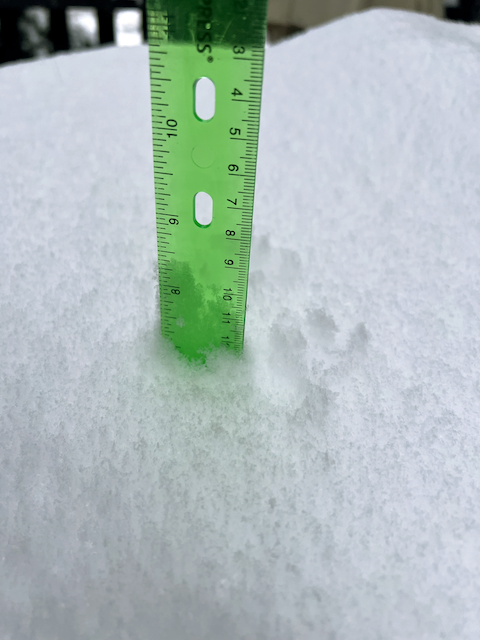By Kiera Tempel, Staff Writer
New songs, new album, a new Joji. After months of silence, Joji has finally returned, dropping three tracks from his upcoming album. But the question remains: what else can we expect from this new era?
For those who don’t know Joji (real name George Miller), he first gained attention online as an internet personality with his chaotic persona, “Filthy Frank” on YouTube: a crude, satirical host who made wild sketch videos and the “Filthy Frank Show.” Some might know his other persona, “Pink Guy,” who was a side character within the Filthy Frank universe who mainly made comedic music and wore an iconic pink bodysuit. Later, fully reinventing himself as “Joji,” he has since become an award-winning lo-fi and R&B artist.
Since his debut, he’s built a signature sound of melancholy, soft vocals, and a unique production that explores heartbreak, nostalgia, and loneliness. Popular albums like Ballads 1, Nectar, and Smithereens have made him one of modern music’s most unique storytellers over the last couple of years, blurring the line between emotional vulnerability and experimental artistry.

Recently, fans have noticed a shift. Joji’s new profile picture on many platforms and the tone of his latest songs hint at something darker and more mature than any of his previous work. Fans online, like Instagram user @weloveurban, say “He just changed all his profile pictures today and was seen in the studio in Yung Gravy’s stories weeks ago.” Another user on platform X @dancinjoji says, “i already know this era of joji is gonna be so good. new label, new music. it’s f*cking time for Joji.” With these new breadcrumbs, we can mark the beginning of a completely new era in his music. Songs like “Glimpse of Us” and “Yukon (Interlude)” from his most recent album, Smithereens, already showed how deeply emotional and personal his writing could get, but his new single, “PIXELATED KISSES” (released Oct 14, 2025), gave us our first taste of a new Joji.
The track rattled expectations, opening with a gritty, distorted rage-beat, grinding synths, and booming drums, which is definitely a heavier production than much of his previous work. Lyrically, it grapples with digital distance; the title alone evokes the idea of digital kisses replacing real ones, expressing the ache of connection through screens rather than touch, and hinting at feelings of a long-distance relationship. The song’s hazy vocals and layered tones capture that in-between space, where love is present but just out of reach. It feels like Joji is reflecting on how technology can both connect and isolate us, showing the emptiness that comes with loving someone you can’t be physically near. The result is a familiar voice but an unfamiliar texture; it’s still Joji’s signature soul, but laid over a rougher, moodier soundscape.
Then, came the release of “If It Only Gets Better” (released Nov 4, 2025), alongside the announcement of his next studio album. The tone in this song feels slightly different: quieter, softer, and more reflective. The production leans into acoustic guitar and syncopated bass under his deeper, vulnerable delivery. After the emotional isolation of “PIXELATED KISSES,” this track feels like a tentative step toward hope or change in contrast to the harshness of the previous release. It doesn’t erase the pain, but rather recognizes it, and then asks: what if things get better?
His latest single, “Past Won’t Leave My Bed” (released Nov 7, 2025), adds another layer to his upcoming album and deepens the emotional arc he’s been building. The song feels ghostly and intimate, like a quiet confrontation with memories that refuse to fade. His vocals drift between half-awake sadness and soft acceptance, surrounded by blurred instrumentals that sound like they’re echoing from another room. Emotionally, it’s a reflection on how the past lingers long after we’ve tried to move on, and how even in moments of calm, ghosts of old love and regret find a way to crawl back into bed. Compared to “PIXELATED KISSES” and “If It Only Gets Better,” which both explored distance and hope, this track feels heavier and more personal. It’s Joji looking inward, no longer trying to escape the past but learning to live with it, showing that sometimes healing isn’t about letting go but about accepting what remains.
Together, these songs tell a story. The first shows loneliness and the struggles of digital connections, the second explores that same emptiness and asks whether things can get better, and the third faces the weight of memory itself, showing how the past still lingers no matter how far we try to move on. Joji’s voice and sound feel more stripped down than any of his previous work. It’s honestly a little haunting, like he’s taking off a mask. He’s not trying to be someone new; instead, he’s showing more of who he really is and testing the limits of his music. The emotions are still there, but now they mix with rougher, more experimental sounds, proving he’s not afraid to let his vulnerability come through, even when it feels messy.

Joji is clearly entering a new phase for his fourth studio album, titled PISS IN THE WIND, which is set for release on February 6, 2026. It’ll be his first album from his own label, Palace Creek, which signals that he’s taking more creative control over his music. While the full track list hasn’t been revealed, we already know three of his singles are exploring more distorted,chaotic sounds and atmospheric textures. According to Spotify, the album will feature 21 tracks. Multiple outlets like RGM speculate that “(T)he project is shaping up to be one of his most collaborative yet, with an impressive roster of featured artists that include: Yeat, Don Toliver, 4batz, GIVEON, BNYX, Kenny Beats, Dylan Brady, and more.”
All these pieces together hint that Joji isn’t simply playing it safe. He’s stepping further into the space between heartbreak and healing, experimenting with sound while staying true to the emotional core that’s always defined his music. This new chapter feels honest and unfiltered, like he’s finally letting his instincts guide the process instead of perfection. We should expect a record that blends his core emotional writing with a broader, experimental production, plenty of texture shifts, and a tone that feels more raw, daring, and Joji than ever before.





